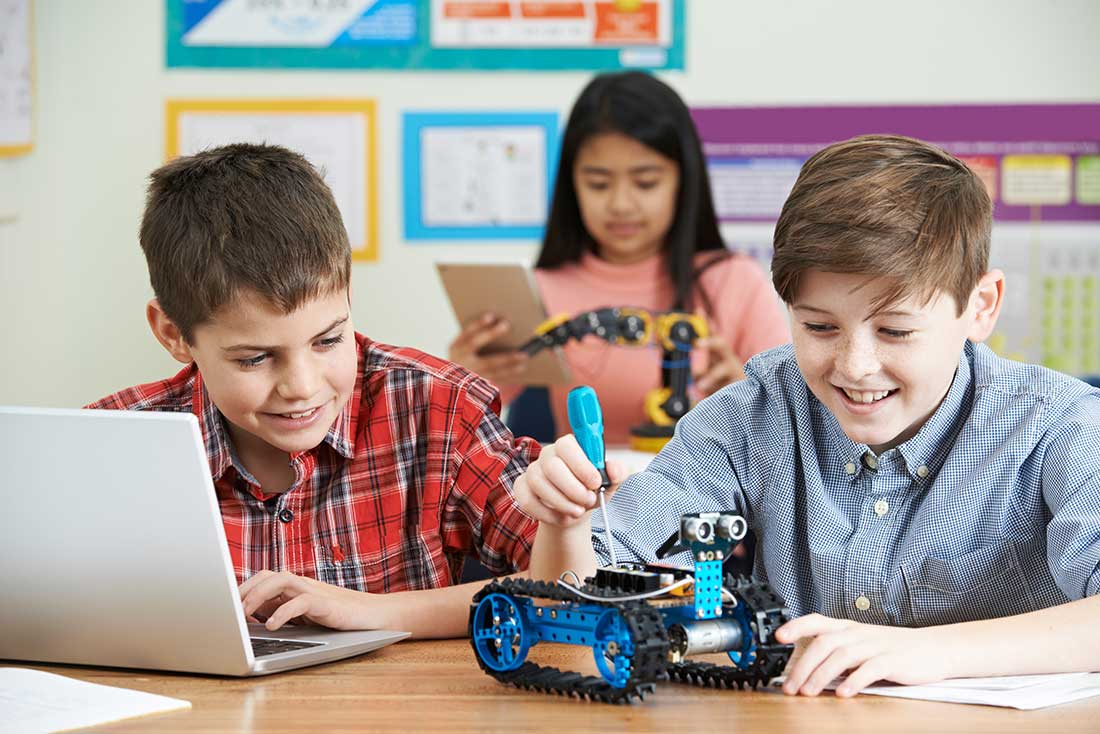Impact of Introducing Science at an Early Age

A child is an inquisitive being by nature. As soon as kids start talking, they ask questions. Questions like “Mom, why is the grass green?” and “Dad, how do birds fly?” are part of that inquisitive nature. Parents and caregivers are constantly bombarded with questions about nature, technology, physics, and even chemistry. All these scientific inquiries are important for developing a love of scientific learning at an early age.
Along with being curious, kids are also very opinionated. You know when they don’t enjoy something because they tell you. Children learn to either love or despise science early on. One bad experience will hinder a lifetime of learning. Making the experience exciting and memorable is necessary to nurture a love of learning. When kindergarten and pre-school aged kids enjoy a lesson, they excitedly retell what they learned to everyone they meet. Enjoying science leads to better careers.
Around the age of 6, kids begin to make plans for their future. One might decide on becoming astronaut, while another wants to develop computer games. Every career path requires a specific skill set. At this same developmental stage, children also recognize that practice pays off in the end. They will set goals and practice until those goals are met. This understanding of practice makes perfect lays the map for them to reach their career dreams. Science is an important stepping stone in every career pathway. An artist needs to understand the physics behind light and color; a deep understanding of chemistry allows bakers to create the magnificent cakes and breads we all enjoy. Science is the foundation to success.
Having early access to science gives young children a head start in school. They move through difficult subjects and master difficult skills at a faster rate.
“Children who have a broad base of experience in domain-specific knowledge (for example, in mathematics or an area of science) move more rapidly in acquiring more complex skills….” ~Eager to learn: Educating our preschoolers
Aside from the scientific knowledge children learn, they also develop important character traits while studying. Here are some of the qualities according to the NSW Government foundation in Australia:
- They develop good communication skills.
- Kids learn patience.
- When things get tough, they learn to persevere.
- Children gain a healthy dose of skepticism. They learn to ask their own questions and search for the answers.
Introducing science at an early age has an enormous impact on a child’s future. They will develop important character traits, master difficult concepts, and form a life-long love of learning.
 National Science Foundation RII Track-1 Project:Expanding Research, Education and Innovation in South Dakota
National Science Foundation RII Track-1 Project:Expanding Research, Education and Innovation in South Dakota